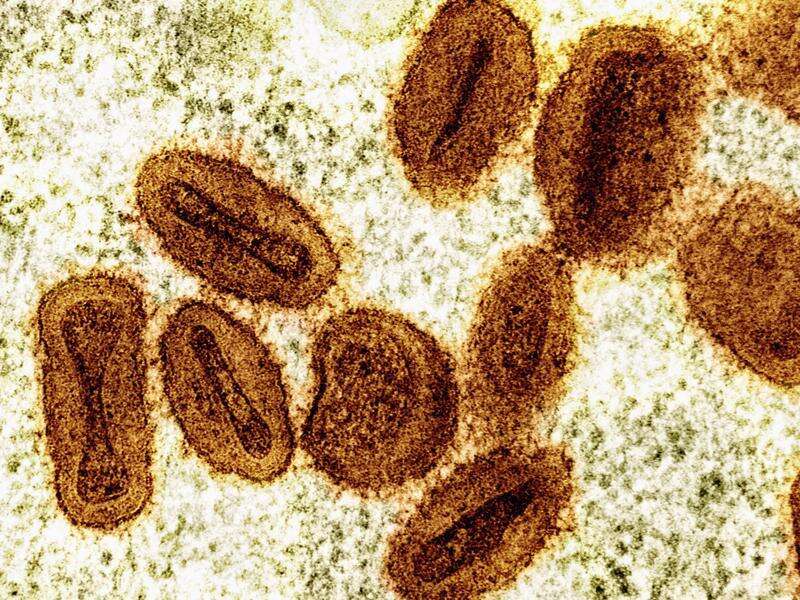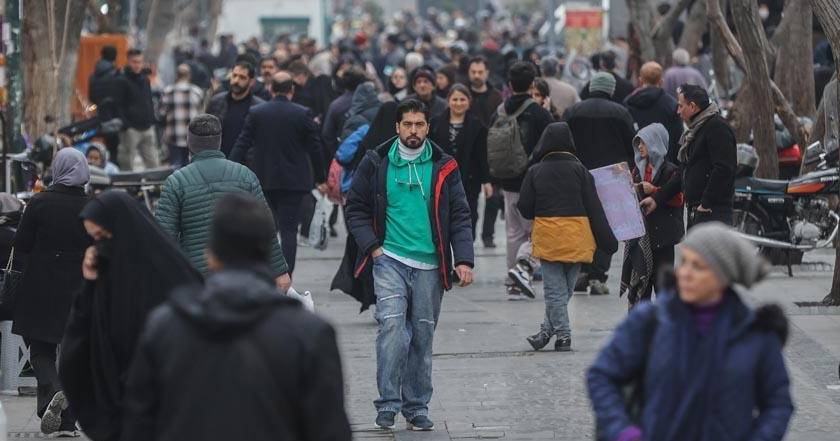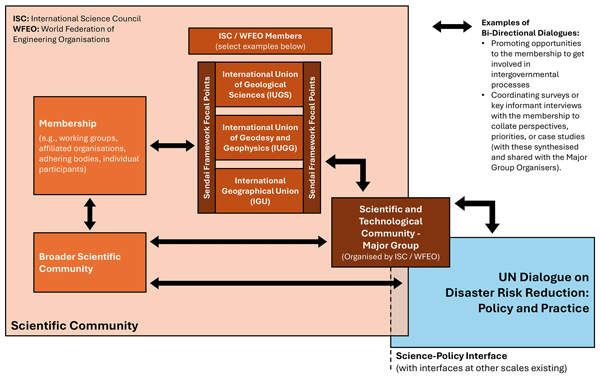
The World Health Organization (WHO) has officially downgraded mpox from an international health emergency to a public health concern. This decision, announced by WHO Director-General Tedros Adhanom Ghebreyesus, was based on a sustained decline in cases across several affected countries, including the Democratic Republic of Congo, Burundi, Sierra Leone, and Uganda.
Mpox, known for causing flu-like symptoms and pus-filled lesions on the body, is usually mild but can be fatal in rare cases. Vulnerable groups such as children, pregnant women, and individuals with weakened immune systems, including those with HIV, face a higher risk of complications.
Decision Based on Declining Cases
The WHO’s decision to downgrade mpox followed advice from its Emergency Committee, which evaluates outbreaks every three months. “While we are removing the emergency, we need to keep the urgency,” stated Professor Dimie Ogoina from the Emergency Committee. He emphasized the importance of continued investment and solidarity, particularly for the most affected African countries.
Despite the downgrade, mpox remains a significant public health concern worldwide. The new form of mpox, clade Ib, continues to predominantly impact sub-Saharan Africa, with travel-related cases reported in countries like Thailand and the United Kingdom.
Impact on Vulnerable Populations
Out of the recorded cases, there have been worrying levels of deaths among people living with HIV/AIDS, especially in Uganda and Sierra Leone. Additionally, there are signs of vulnerability among infants and children in the Democratic Republic of Congo, according to Ogoina.
“This is not a time for us to reduce the investments in terms of financial investment, partnership, solidarity, especially for most affected countries in the African continent,” said Professor Dimie Ogoina.
The announcement comes as the WHO first declared mpox a public health emergency of international concern in August last year, following an outbreak of a new form of the virus that spread from the severely affected Democratic Republic of Congo to neighboring regions.
Historical Context and Future Implications
Mpox, formerly known as monkeypox, has been a concern for decades, primarily affecting regions in Africa. The recent outbreak and subsequent international spread highlighted the need for a coordinated global response. The WHO’s highest alert, a public health emergency of international concern, was initially issued to mobilize resources and attention to contain the virus.
Looking forward, experts stress the importance of maintaining vigilance and resource allocation to prevent future outbreaks. The downgrade should not lead to complacency, as the virus still poses a threat to vulnerable populations and could potentially resurge if not monitored closely.
As the world continues to navigate post-pandemic challenges, the WHO’s decision underscores the delicate balance between managing ongoing health threats and prioritizing resources effectively. The global health community remains focused on supporting affected regions while ensuring preparedness for any future health emergencies.
The move represents a critical juncture in the fight against mpox, highlighting the progress made and the challenges that remain in safeguarding global health.





